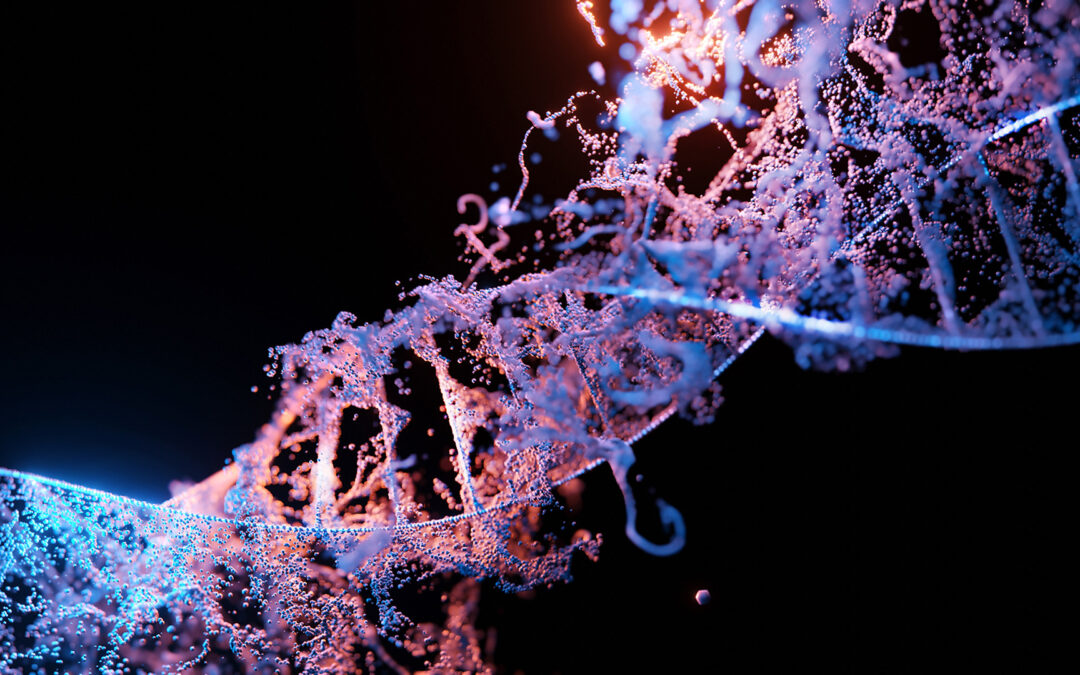The first draft of the human genome took more than a decade of research and cost some $3 billion. Today, new techniques for high-speed DNA sequencing have radically reduced the time and cost to decrypt roughly 3 billion base pairs that form the blueprint for human life.
Yet the human genome is far from the whole story. To fully understand the biological underpinnings of health and disease, scientists must probe the world of proteins — large, complex molecules required for the structure, function and regulation of the body’s tissues and organs.
Now, Chao Wang, a researcher with the Biodesign Center for Molecular Design and Biomimetics at Arizona State University, and his colleagues are advancing an ambitious project: developing new methods for sequencing individual protein molecules using a rapid, accurate and inexpensive method.
Single-molecule protein sequencing of this kind holds the potential to revolutionize diagnostic medicine through the identification of protein biomarkers for cancer and other deadly diseases, provide earlier and more accurate diagnoses and deepen our understanding of how healthy cells function.
